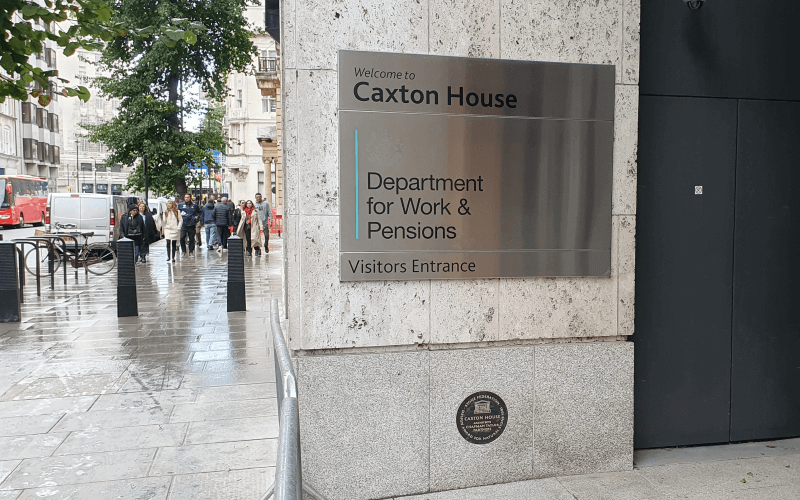Work and pensions ministers have delayed the publication of evidence that would have explained why spending on disability benefits has been rising, just as they are announcing £5 billion in cuts to that support.
On Tuesday, work and pensions secretary Liz Kendall announced a package of reforms that will cut spending on disabled people’s support by more than £5 billion a year by 2029-30, most if it apparently through cuts to personal independence payment (PIP).
She said the PIP cuts were needed so the government could “focus support on those with the greatest needs” and claimed the increase in new PIP claimants was “not sustainable long-term” (see separate stories).
But successive governments have now been hiding research for three years that provides clear explanations for the increase in PIP claimants.
And now the Department for Work and Pensions (DWP) has admitted that it will wait to publish the research – and a larger follow-up study – until after this week’s announcements and next week’s spring statement.
The spring statement on Wednesday is likely to reveal exactly how much the PIP cuts will save the government.
Although examining only a small sample of claimants, the DWP research showed the “main triggers” for applying for the extra costs benefit were health deterioration, financial hardship and employment concerns, with some claims triggered by a “recent decay in circumstances”.
Disability News Service (DNS) reported last month how it had obtained a copy of the report through a freedom of information request.
Three years after its completion, successive secretaries of state – Conservatives Chloe Smith and Mel Stride and Labour’s Liz Kendall – have all failed to release the report.
DWP’s decision to delay publication until after the spring statement was discovered by disabled activist Dylan Murphy, a member of the Unite Community union and Disabled People Against Cuts.
He had submitted a freedom of information request to DWP asking for a copy of the unpublished report.
But DWP told him it could not release the report, Triggers to Claiming Personal Independence Payment, because it would shortly be published.
The department told Murphy that after completing the research it had commissioned a “larger, more expansive piece of research on the same topic”, which includes a larger sample of PIP claimants and “also explores the perspectives of advisors and disabled people who have not claimed PIP”.
But it said that both Triggers to Claiming Personal Independence Payment and the follow-up report would not be published until “early April”.
When asked about the delay, DWP refused to even acknowledge the email from DNS.
It refused to explain why it was not publishing the research until after the green paper and spring statement, and refused to say whether it agreed that the decision could be seen as dishonest and lacking in transparency.
A note from the editor:
Please consider making a voluntary financial contribution to support the work of DNS and allow it to continue producing independent, carefully-researched news stories that focus on the lives and rights of disabled people and their user-led organisations.
Please do not contribute if you cannot afford to do so, and please note that DNS is not a charity. It is run and owned by disabled journalist John Pring and has been from its launch in April 2009.
Thank you for anything you can do to support the work of DNS…

 Disabled man dies in poverty and squalor after DWP removes his benefits, just as Labour cuts PIP by £4.5bn
Disabled man dies in poverty and squalor after DWP removes his benefits, just as Labour cuts PIP by £4.5bn Labour’s cuts to PIP will drag a quarter of a million people into absolute poverty, DWP figures show
Labour’s cuts to PIP will drag a quarter of a million people into absolute poverty, DWP figures show DPAC says ‘this is just the start’, after protest over ‘vile and cruel’ benefit cuts outside Downing Street
DPAC says ‘this is just the start’, after protest over ‘vile and cruel’ benefit cuts outside Downing Street